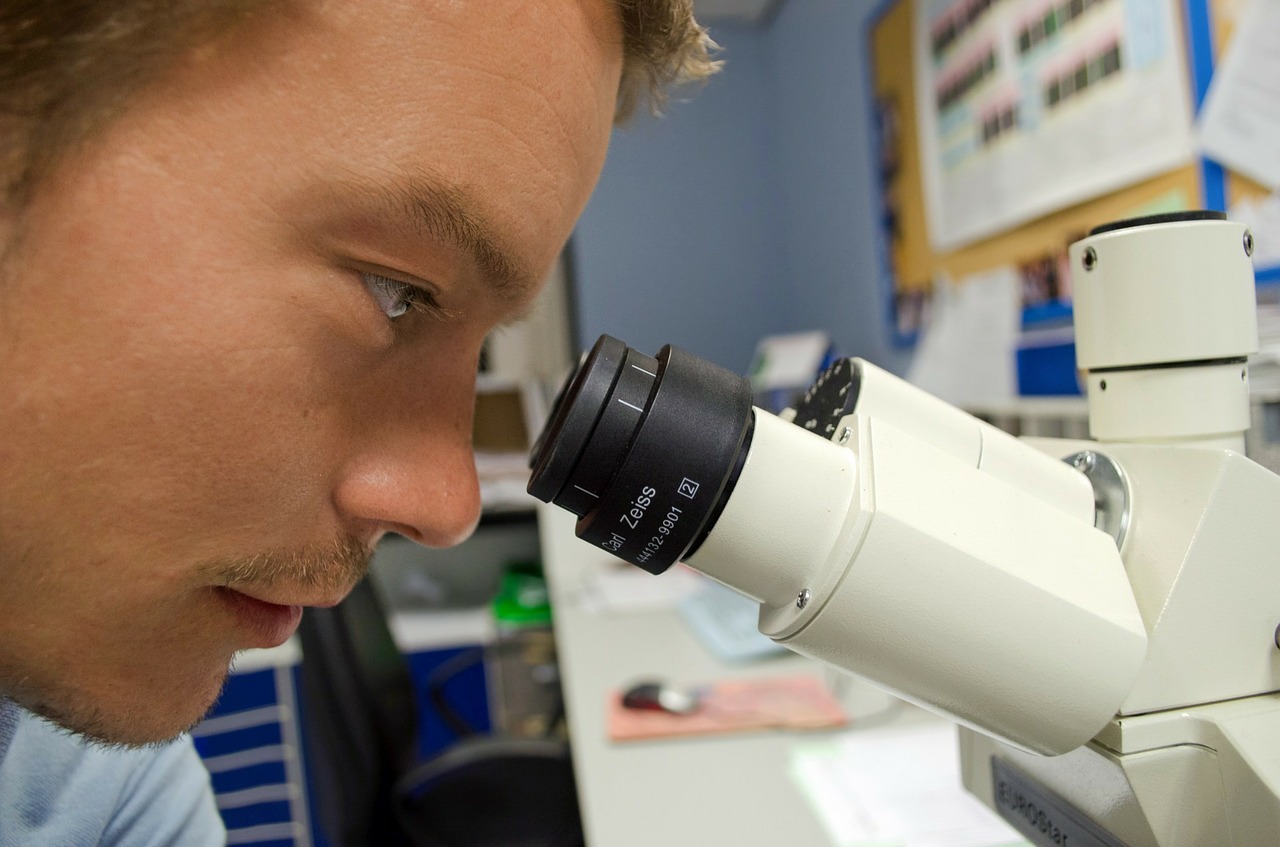
Repurposing existing drugs is the faster way to fight the coronavirus pandemic than developing a vaccine, a new study suggests.
According to a paper published in the British Journal of Pharmacology, a “magic bullet” for treating COVID-19 does not exist. A group of international experts believe that detecting a drug for the virus would take less time than developing a coronavirus vaccine.
Researchers point out that it takes more than a year for a vaccine that is both effective and scalable to reach the market. This statement mirrors previous claims from biotech experts that coming up with a safe-to-use immunization requires 12 to 18 months.
Steve Alexander, associate professor of molecular pharmacology at the University of Nottingham and one of the paper’s authors, emphasized the possibility of repurposing drugs to treat other illnesses.
“There’s unlikely to be a single magic bullet — we will probably need several drugs in our armory, some that will need be used in combination with others,” he said.
“The important thing is that these drugs are cheap to produce and easy to manufacture (so that) we can ensure access to affordable drugs across the globe,” he added.
Effectiveness of COVID-19 vaccines
The World Health Organization (WHO) stated that there are currently 108 COVID-19 vaccines being developed around the world.
However, “it’s still going to take a long time before those vaccines are shown to be effective and can be manufactured at the scale needed to make an impact,” Alexander said, noting that not all of them would work. “The more drugs that can be tested, the more likely we are to get something which is effective.”
The paper recommends testing medications that focus on parts of human cells that the COVID-19 virus attaches itself too.
“Any drug to treat Covid-19 will need to focus on the three key stages of infection: preventing the virus entering our cells in the first place, stopping it replicating if it gets inside the cells, and reducing the damage that occurs to our tissues, in this case, the lungs and heart,” said Anthony Davenport, a professor of cardiovascular pharmacology from the University of Cambridge and one of the authors of the review.
Two key proteins
Researchers pointed out that TMPRSS2 and ACE2 are the two key proteins on the surface of cells that the coronavirus typically targets. These proteins allow the virus to intrude the body and replicate. While TMPRSS2 seemed common, the other, ACE2, appeared present at low levels. But it increased in prevalence depending on age, sex, and smoking history.
“We can focus on repurposing drugs that already have regulatory approval or are in the late stages of clinical trials,” he said. “If they can now be shown to be effective in Covid-19, they could be brought to clinical use relatively quickly.”
Researchers stressed the importance of quickly identifying potential drugs, however. They predict that cases of the virus may fall in the summer. This may mean there would be fewer people who participate in clinical trials ahead of a possible second surge of the coronavirus outbreak in autumn.
According to the paper, there are more than 300 clinical trials taking place globally. Scientists warned that not all of these drugs would be effective for widespread use.






